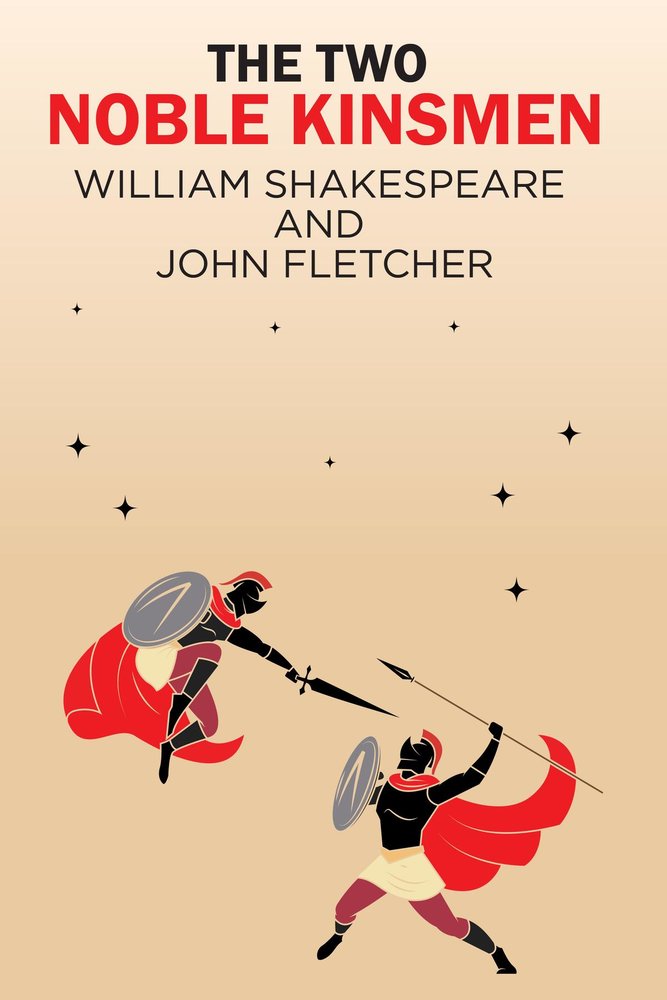Co-written by William Shakespeare and John Fletcher, this is a captivating play that explores themes of love, friendship, and rivalry. Set against the backdrop of ancient Greece, the story follows two cousins, Palamon and Arcite, whose close bond is tested by their mutual love for Emilia, a noblewoman.
This late Jacobean drama, one of Shakespeare's final plays, combines elements of romance and tragedy, showcasing the playwrights' expertise in character development and poetic dialogue. The play delves into the complexities of human emotions, examining how love and competition can transform alliances into bitter feuds. It also reflects on the arbitrary nature of fate and the conflicts between personal desire and societal obligations.
The Two Noble Kinsmen is not just a tale of rivalry but a nuanced exploration of the human condition, making it a valuable addition to the Shakespearean canon and a fascinating study for fans of Elizabethan and Jacobean theatre.


